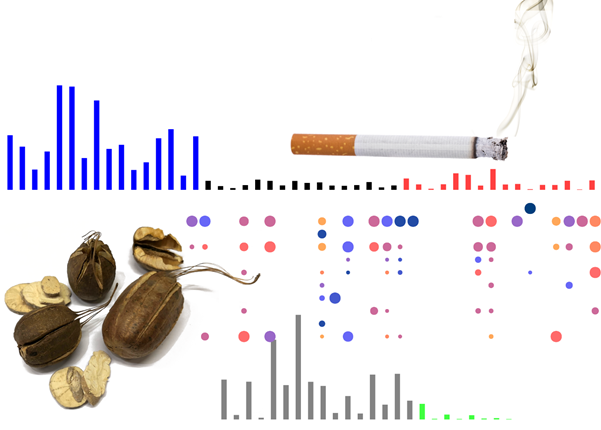

Steve Rozen serves as Director of Bioinformatics and Research Computing at the Duke University School of Medicine and is a professor in the Biostatistics & Bioinformatics Department.
His responsibilities are primarily administrative, and he is not currently accepting students or postdoctoral fellows.
His full cv and publication list are here.
Steve Rozen's research has ranged over bioinformatics, human genetics & cancer genomics. Rozen founded and, until 2021, directed the Centre for Computational Biology at Duke-NUS in Singapore.
Rozen's laboratory at Duke-NUS worked on bioinformatics and cancer genomics, and was part of a team-science effort in cancer genomics with Patrick Tan and Bin Teh that led to multiple papers, including 5 in Nature Genetics. This research was also recognized by the American Association for Cancer Research (AACR) 2018 Team Science Award to the "Genomic Approaches to Preventing and Treating Asian-Prevalent Cancers Team" for work on aristolochic acid mutagenesis in liver and urinary tract cancers and for genomic studies of biliary tract cancers, lymphomas, and gastric cancers.
Within cancer genomics, the Rozen laboratory also studied alternative splicing, lncRNAs, and use of mutational signatures as tools for studying the molecular epidemiology of cancer. Rozen also created and maintained the widely-used Primer3 software for PCR primer design. Previously, he also worked extensively on identifying mutations in human Y chromosomes and their clinical consequences, as reported in multiple publications in Nature Genetics and Nature.
The Rozen laboratory also co-led a major study that used machine learning to computationally mine mutation data from almost 24,000 human cancer samples to identify 81 "mutational signatures" that will help reveal the origins and development of various types of cancer (published in Nature, 2020 https://doi.org/10.1038/s41586-020-1943-3).
 |
| Mutational signatures of cigarette smoking (blue, black, and red bars, top) and aristolochic acid (AA), a carcinogen in some herbal medicine (example dried herbs bottom left and the signature represented by grey bars, bottom). The circles in the middle provide a partial view of which cancer types have which signatures – each column is a cancer type; each row is a signature. |
updated Dec 2023